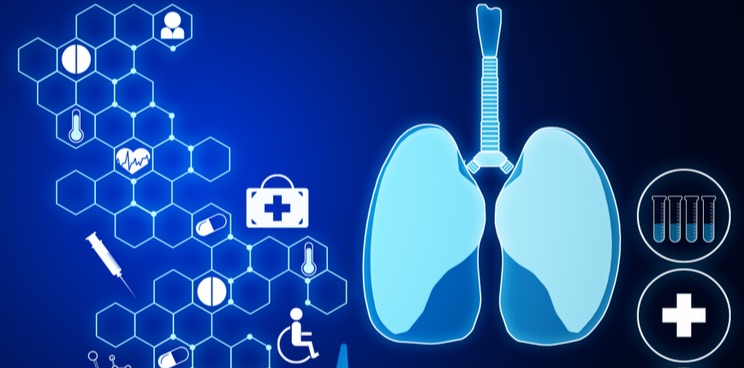Newsletter Signup - Under Article / In Page
"*" indicates required fields
The UK company Exscientia will use its AI-driven drug discovery platform to examine a collection of 15,000 potential coronavirus disease treatments in collaboration with the US research institute Calibr and the non-profit synchrotron company Diamond Light Source.
The team’s huge collection of drug molecules will be provided by Calibr, part of the US medical institute Scripps Research. Diamond Light Source will use its facilities to examine protein structure and replicate essential viral proteins for experimentation.
The Bill and Melinda Gates Foundation funded the collection of these drug candidates, which includes nearly every known drug that has been approved or extensively tested for safety but not yet approved for therapeutic use.
The collection will be shipped from Scripps Research in California to Oxford where Exscientia and Diamond Light Source can work together to screen and test the collection as well as modifications of the drug candidates against key viral proteins.
Diamond began studying the novel coronavirus SARS-CoV-2 shortly after the outbreak, using its expertise in crystallography to identify the structure of viral protein targets and find potential therapeutic sites.
“We saw an opportunity to use our expertise in super high-throughput drug binding experiments,” David Owen, Doctoral Research Associate at Diamond, told me. “We were also able to solve the [protein] structure at a very high resolution. This will provide the chemists of the world with extra information about the different potential drug binding sites.”
For this, the team used its synchrotron device, a machine that produces a high-energy electron beam, in addition to electron microscopy to visualize the drug binding sites on viral proteins.
“For the time being, all of the Diamond beamlines will be focused on Covid-19 work because we want to be able to do the most valuable work with the fewest possible staff,” Owen continued. “We will run the beamlines for as long as there are samples to put on them.”
Diamond has identified three key protein targets – 3CL protease, RNA Polymerase, and SPIKE protein – that will help inform Exscientia’s AI-driven drug screening technology.
This isn’t the first project to leverage AI in drug discovery during the coronavirus crisis. The Cambridge firm BenevolentAI identified a potential coronavirus treatment with AI in March, while the German company Innoplexus announced last week that its AI platform identified potential drugs and drug combinations that may treat Covid-19 patients using published data and information on already approved therapeutics.
Exscientia’s approach differs significantly. Firstly, the data will include far more than approved drugs, but also drugs that were at different stages of clinical testing. Should a candidate be identified, its approval for treating Covid-19 could be accelerated depending on how far it has already come through the pipeline.
Andrew Hopkins, CEO of Exscientia, told me of another major difference: experimentation.
“A key difference as well is that we are generating brand new data, because we will be testing all of the drugs against these three targets,” Hopkins explained.
“The Innoplexus approach, I believe, is mining existing literature to make connections and what we’re doing is generating brand new data as well which, if we’re fortunate, could be a source or potentially discovering a drug for repurposing directly from that work. It will also give us data to drive our machine learning models as well.”
“There are many challenges in drug discovery,” Bhardwaj added. “The world is big enough that all AI-driven drug discovery companies should be successful.”
Even before turning its platform to the fight against coronavirus, Exscientia had made a name for itself in the AI-driven drug discovery space. Last year, the firm signed the largest AI-based drug discovery deal at the time with Celgene for cancer and autoimmune indications and in January, it became the first company to get an AI-designed drug into clinical trials.
Images from Shutterstock
The power of AI in antibody discovery






